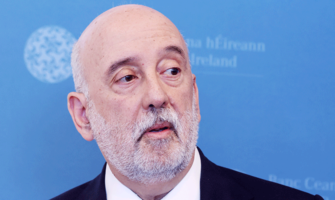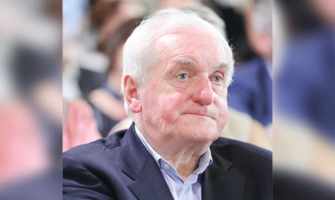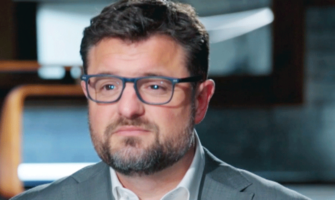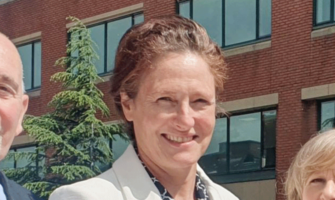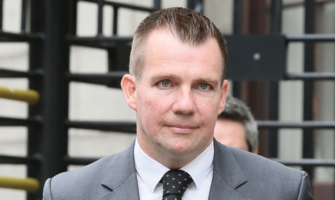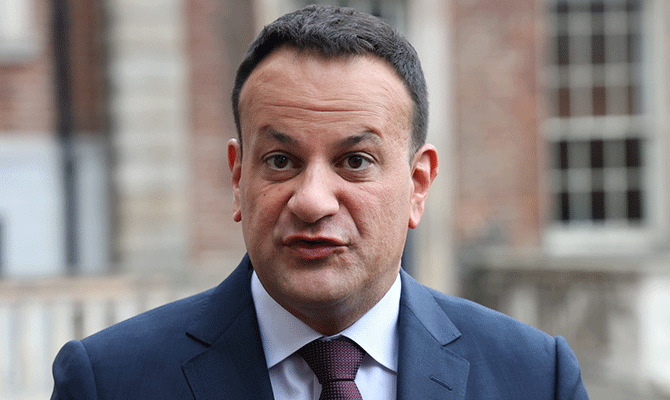
Leo Varadkar
IN 2019 Leo Varadkar pointed out that climate change had its “benefits” as well as its “downsides”. You know, warmer Irish winters and the like. He was, rightly, pilloried. But there are winners as well as losers.
Take the truly ominous report by scientists this month that the North Pole could be ice free in summer by the 2030s, much sooner than previously predicted. Now, this is genuinely a cause for panic and dismay – it effectively means we’ve lost the battle to stop sea level rises, but there are some very innovative corporations and their shareholders who stand to gain.
In fact, mining companies and fossil fuel explorers have already been making the most of retreating ice – ice that had previously stopped them getting at vast reserves of oil, gas and precious metals.
As Goldhawk browsed through several years’ worth of enthusiastic industry news reports of the new Arctic opportunities created by global heating, a pattern emerged. The list of companies pushing farther into the pristine Arctic Circle maps quite closely to the industry partners of/advisors to iCrag, the taxpayer-funded geological research institute at UCD. The mission of iCrag is “creating solutions for a sustainable society”, helping corporations to mine the Irish landscape, ostensibly to supply the raw materials for decarbonising the economy (see The Phoenix 10/3/23).
Examples include Black Angel Mining, which takes its name from a huge zinc mine in north western Greenland, while the notorious Rio Tinto has a copper mine in northern Finland and a diamond mine in Arctic Canada. Teck Resources operates one of the world’s largest zinc mines in northern Alaska, while Lundin Energy (sister company of iCrag partner Lundin Mining) has been granted 19 licences to drill for oil in the Arctic – but it’s ok because Lundin says the oil will be “climate neutral”.
The dual irony of these firms taking advantage of climate change to access minerals that for which climate action is creating a new market is yet another example of real life mirroring the 2021 movie Don’t Look Up, which satirises the world’s response to the threat of climate apocalypse. A comet is on a collision course with Earth and the corporate response is to land on the comet to mine it for rare metals.
The Arctic sea ice bombshell was described by Prof Dirk Notz, one the scientists in the study published this month, as “the first big component of the Earth system that we are going to lose because of global warming”.
News of this existential milestone arrived within days of several other troubling heat records and indicators of climate destabilisation. No satire could do justice to the way in which most of these were largely ignored in Ireland in favour of more pressing matters, such as the shortage of airport car park space for the tens of millions of people who fly to and from this island every year and by the ludicrous proposal to re-open the Cork-Dublin air route.















